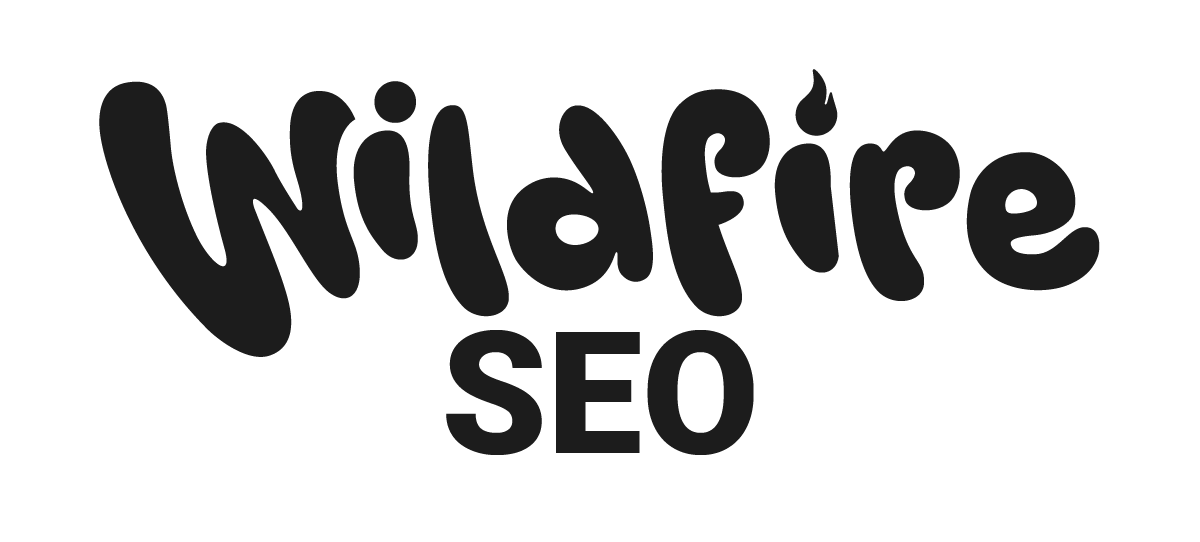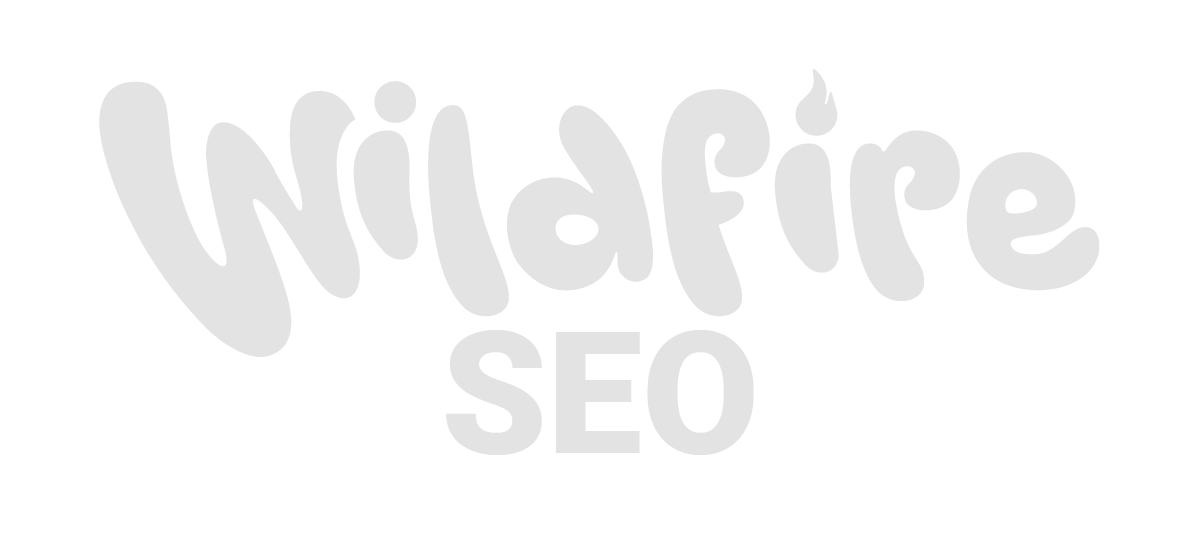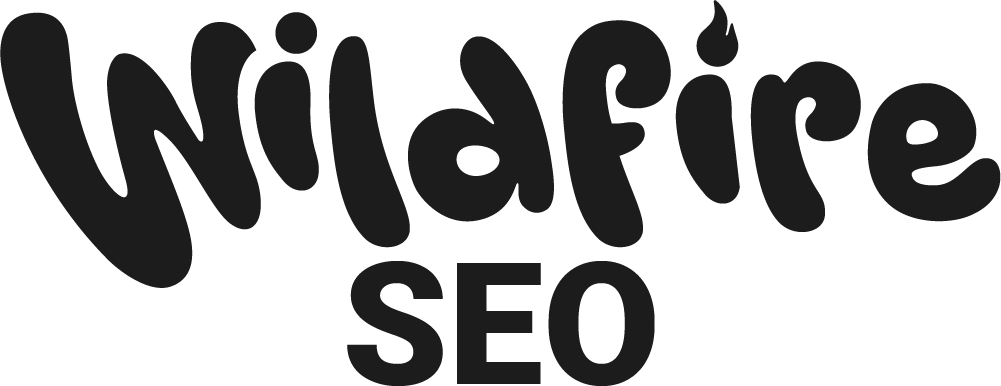
SEO in South Africa: Crawl Budget for E-commerce
In the highly competitive space of SEO in South Africa, one of the most overlooked yet critical components of success is crawl budget optimisation. As e-commerce continues to scale across the country, South African online retailers face unique challenges that make effective crawl budget management not just beneficial, but essential.
With the growing reliance on digital platforms for consumer purchases and the rapid expansion of product catalogues, the question is no longer whether your site is being crawled, but whether it is being crawled efficiently. Crawl budget—the number of pages search engine bots are willing to crawl on your site within a specific time period—has become a silent driver of online visibility. When this budget is misused or wasted, large portions of your site may remain invisible to Google, costing you both traffic and revenue.
South African e-commerce businesses are particularly vulnerable to crawl inefficiencies due to a range of systemic and architectural issues. From inconsistent local hosting infrastructure to complex site architectures and seasonal sales surges, the crawl demands of retail sites in the country are vast—and growing.
Why Crawl Budget Matters More in South Africa
Crawl budget takes on heightened importance in the context of SEO in South Africa. Unlike markets with hyper-optimised web infrastructure, South African websites often contend with slower load times, high latency, and limited hosting capabilities. These technical limitations can directly impact how search engine crawlers prioritise and process pages on your site.
This is particularly problematic for large e-commerce platforms, where thousands of product URLs compete for attention. If your site is sluggish or error-prone due to inadequate hosting, crawlers will spend less time indexing valuable content. The result is that key product pages—often those with seasonal or promotional value—may never be seen by Google, despite your SEO efforts.
Local Hosting: The Silent Saboteur of Crawl Efficiency
Suboptimal hosting is one of the most persistent technical setbacks affecting SEO in South Africa. Recent disruptions to undersea internet cables have further exposed the fragility of South Africa’s connectivity. For e-commerce businesses, even a few milliseconds of delay can mean fewer pages crawled, fewer indexed, and ultimately, fewer sales.
In practical terms, poor server response times discourage crawlers from engaging deeply with your site. Googlebot, for instance, calibrates its crawl activity based on perceived server health. Sites that respond slowly or suffer frequent downtime get deprioritised. For South African businesses with extensive product catalogues, that means large swathes of your site might never make it into Google’s index.
Crawl Waste: The Hidden Cost of Catalogue Bloat
Another critical issue in the context of SEO in South Africa is crawl waste. Large e-commerce sites are often riddled with crawl traps: paginated category pages, faceted navigation systems, and outdated or out-of-stock product listings. These areas generate massive volumes of low-value URLs that cannibalise the crawl budget, leaving more strategic pages unexplored.
Crawl waste is not always easy to detect, but it is costly. Search engines may get caught in endless loops of redundant or trivial pages, leaving top-converting content uncrawled. For South African e-commerce businesses, where seasonal campaigns and limited-time offers are central to sales strategy, crawl inefficiency can become a direct threat to growth.
Log File Analysis: A Missed Opportunity for Strategic Insight
Despite its value, log file analysis remains underutilised in SEO in South Africa. Analysing server logs allows you to see exactly how bots interact with your site—which pages are being crawled, how often, and in what sequence. It offers a rare window into Googlebot’s real-time behaviour and can reveal if your site’s architecture is helping or hindering crawl performance.
Understanding these crawl patterns is particularly important for large retailers, where thousands of product pages are added, removed, or updated monthly. Without data from log files, it’s easy to misallocate crawl resources, directing bots to pages that have little commercial value while ignoring those that drive revenue.
Clarifying Crawl Budget vs Indexing Budget
Many businesses confuse crawl budget with indexing budget. While related, they serve different purposes. Crawl budget governs what is accessed by bots; indexing budget refers to what Google decides to include in its search results. For SEO in South Africa, conflating the two can lead to costly misprioritisation.
If you optimise only for crawling, you may end up with a site full of accessible but non-indexed pages. Conversely, if indexing priorities are set without understanding crawl limitations, important content may never be discovered at all. Recognising this distinction is foundational for any e-commerce business that wants to scale effectively online.
The Strategic Role of Internal Linking and Seasonal URL Management
Internal linking plays a vital role in managing crawl flow. By guiding bots to your most valuable content through purposeful link structures, you can improve crawl efficiency without increasing your crawl budget. For e-commerce platforms in South Africa, this is especially crucial during peak periods such as Black Friday, Christmas, and back-to-school campaigns.
Seasonal product surges introduce a flood of new URLs—often temporary—which can overwhelm a site’s crawl capacity. If these pages are not strategically linked and managed, they can consume crawl budget at the expense of evergreen content. The challenge for South African e-commerce brands is to strike a balance between timely promotion and long-term SEO equity.
Crawl Budget is a Strategic Asset
In 2025, crawl budget optimisation is not a technical luxury—it’s a strategic necessity. For businesses investing in SEO in South Africa, managing crawl efficiency directly impacts how well your site competes in organic search. With the country’s unique combination of infrastructural constraints and digital retail growth, there is little room for inefficiency.
At Wildfire SEO, we understand that every wasted crawl is a missed opportunity. If your e-commerce site is struggling with visibility despite strong content and investment, the issue may not be what you’re saying—but whether Google can even hear you. Contact us to learn how we can help your site become leaner, faster, and better crawled.



